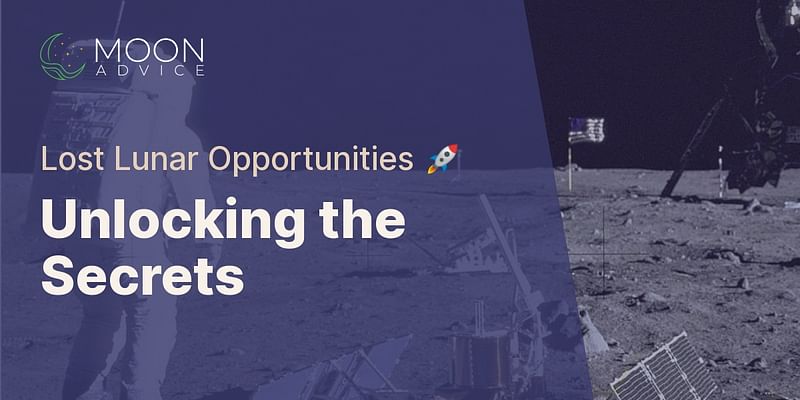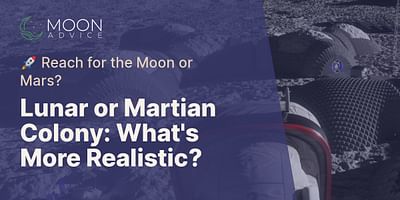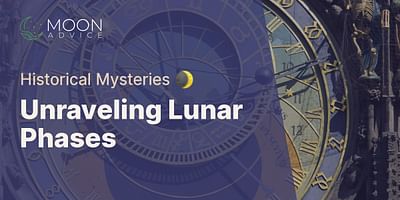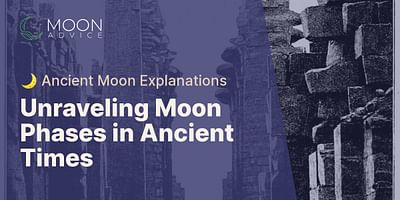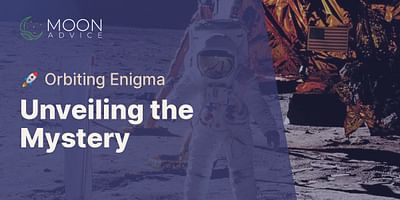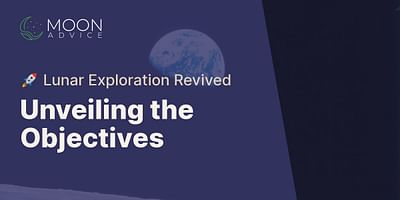Howard Wintheiser is a renowned author and speaker specializing in lunar psychology and its impact on decision-making. Holding a Master's degree in Psychology, he utilizes his deep insights into the human psyche to interpret the moon's influence. Howard's work is widely recognized for its practicality and relevance in day-to-day life.
Ah, the mysteries of the moon and the uncharted territories of space! It's a question that has intrigued many, and I'm here to shed some light on the reasons behind the halt in moon explorations after the historic moon landing.
First and foremost, it's important to understand that the moon landing was a monumental achievement for humanity. When Neil Armstrong took that famous step onto the lunar surface in 1969, it marked a significant milestone in our exploration of space. The Apollo missions that followed, up until Apollo 17 in 1972, allowed us to gather valuable scientific data, conduct experiments, and bring back lunar samples for analysis.
However, as with any grand endeavor, there were various factors that contributed to the decision to pause further moon explorations. Let's explore some of these reasons:
1. Budgetary Constraints: The Apollo program was an incredibly expensive undertaking, costing billions of dollars. As the United States faced economic challenges and shifting priorities, the funding for further moon missions became increasingly difficult to justify. The government had to allocate resources to other pressing needs, such as social programs and defense.
2. Diminishing Public Interest: While the moon landing captured the world's attention and sparked a sense of wonder and exploration, public interest gradually waned over time. As the initial excitement faded, the general population became less engaged with the idea of further moon missions. This lack of sustained public support made it harder to justify the immense costs associated with space exploration.
3. Scientific Objectives Achieved: The primary goal of the Apollo missions was to demonstrate American technological superiority over the Soviet Union during the Cold War. With this objective accomplished, and the scientific data and samples collected, there was less urgency to continue sending astronauts to the moon. NASA shifted its focus to other space exploration endeavors, such as the Space Shuttle program and the International Space Station.
4. Technological Limitations: The Apollo missions were a remarkable feat of engineering, but they were also incredibly risky. The technology of the time had its limitations, and the dangers associated with manned lunar missions became increasingly apparent. The tragic loss of the Apollo 1 crew during a pre-launch test, as well as the near-disaster of Apollo 13, highlighted the risks involved in human space exploration. These incidents prompted a reevaluation of priorities and a focus on developing safer and more sustainable space exploration methods.
5. Exploring New Frontiers: As humans, we are naturally driven to explore and discover. After the moon landing, the focus shifted towards exploring other celestial bodies, such as Mars and beyond. The moon had been conquered, and attention turned to new frontiers that held the promise of even greater scientific discoveries and potential for human colonization.
While further moon explorations have not been conducted since the Apollo missions, it's important to note that our understanding of the moon has continued to evolve through unmanned missions and satellite observations. These endeavors have provided valuable insights into lunar geology, the moon's impact on Earth's tides, and potential resources that could be utilized in future space exploration.
In conclusion, the decision to halt further moon explorations after the moon landing was influenced by a combination of budgetary constraints, diminishing public interest, achievement of scientific objectives, technological limitations, and the desire to explore new frontiers. However, the legacy of the moon landing lives on, inspiring generations to dream big and continue our quest to unravel the mysteries of the universe.
If you're interested in learning more about the moon's influence on our lives and exploring lunar wisdom, be sure to check out Moon Advice for in-depth articles and insights. Happy moon-gazing!

